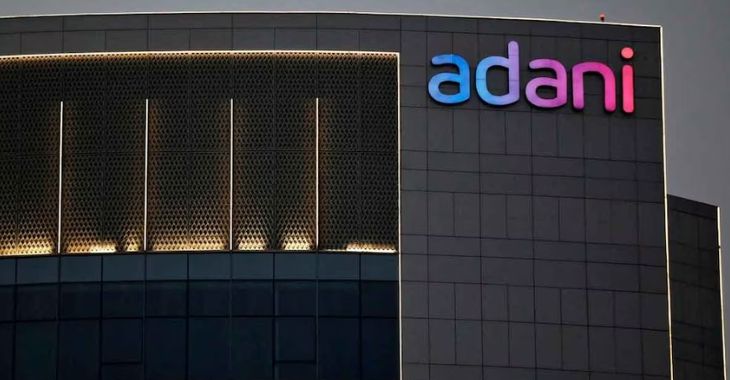The Supreme Court, in a recent hearing, emphasized that the Hindenburg Research report should not be regarded as an absolute statement of truth. While addressing the petitioner’s concerns regarding the factual disclosures in the Hindenburg report, the apex court remarked, “We don’t have to treat Hindenburg report as being a statement of truth.” The court highlighted the challenge in verifying the report’s accuracy and, therefore, had instructed the Securities and Exchange Board of India (SEBI) to investigate the matter.
The petitioners raised concerns about the suspicious actions of the market regulator, alleging that SEBI possessed details since 2014, shared by the Directorate of Revenue Intelligence (DRI) with the SEBI Chairman. During the hearing, SEBI informed the court that it had approached the Organized Crime and Corruption Reporting Project (OCCRP) for “key documents,” but the organization declined to share them, suggesting the involvement of lawyer Prashant Bhushan. The petitioners argued that reports from Financial Times and The Guardian indicated funds managed by Vinod Adani, brother of Gautam Adani.
The apex court questioned whether SEBI could be compelled to disclose findings before initiating legal proceedings and pondered the need for a court-appointed Special Investigation Team (SIT). The court emphasized the lack of material to doubt SEBI’s probe and rejected the notion of considering a story in a newspaper as gospel truth.
The Hindenburg report, released in January, alleged accounting fraud and stock price manipulation within the Adani Group, leading to a significant impact on the conglomerate’s market value. Adani Group, led by Chairman Gautam Adani, vehemently denied the accusations, labeling Hindenburg Research as an “unethical short seller” and dismissing the report as baseless. The ongoing legal proceedings underscore the complexity of investigating financial allegations and the challenge of discerning the truth amid conflicting claims.



![[CITYPNG.COM]White Google Play PlayStore Logo – 1500×1500](https://startupnews.fyi/wp-content/uploads/2025/08/CITYPNG.COMWhite-Google-Play-PlayStore-Logo-1500x1500-1-630x630.png)